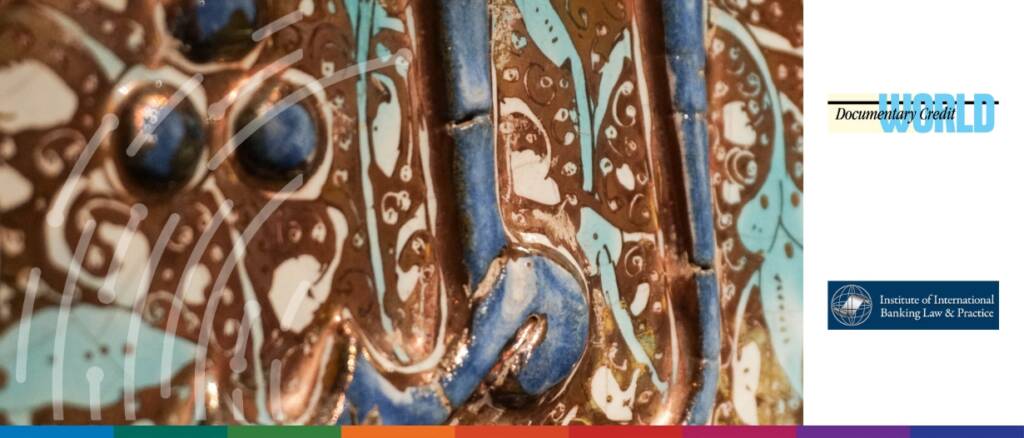At the ICC United Kingdom and C4DTI, Trade Finance Global’s (TFG) Deepesh Patel spoke with Nick Davies, Director of the ICC’s United Kingdom C4DTI, to learn more about their role in accelerating the adoption of digital trade.
Singapore has taken another step forward in being a regional leader in trade digitisation as they continue to develop programmes and initiatives to support this transition. The Infocomm Media Development… read more →
Deepesh Patel, editor at Trade Finance Global, spoke to Enno-Burghard Weitzel, SVP Strategy, Digitization & Business Development at Surecomp, in a webinar entitled “Taking trade finance digital – buy vs build.”
Lenders across the world are grappling with the trade finance asset class. In Singapore, a string of legal cases has left banks facing the prospect of staggering losses with the nature of the trade finance asset class, as secure and self-liquidating, facing an existential crisis.
South Korea has formally restored Japan to its list of countries it gives preferential treatment in trade, three years after the neighbours downgraded each other’s trade status amid a diplomatic… read more →
As the commodity trading industry looks back on Q1 of 2023, it is evident that the first three months of the year have been marked by a number of significant events.
Trade is critical in advancing economies, including those in the MENA region. At the same time, trade finance presents unique opportunities for criminal exploitation, also referred to as Trade Based Financial Crime (TBFC).
Saying the world’s oceans are vast is an understatement. If one were to sail from Cape Town to Tristan da Cunha, the world’s most remote inhabited island, located over 2,000 kilometres to the nearest land, the voyage would take longer than it took Apollo 11 to reach the moon.
Fraud has been a prevalent issue in commodity trading and financing over the past few years, most recently in relation to cargoes of metals.
To put it lightly, the past few years have been a rollercoaster ride for trade finance. Recent challenges have pushed the industry to the boundaries, which has created significant angst for many. However, this struggle also has a silver lining.
























